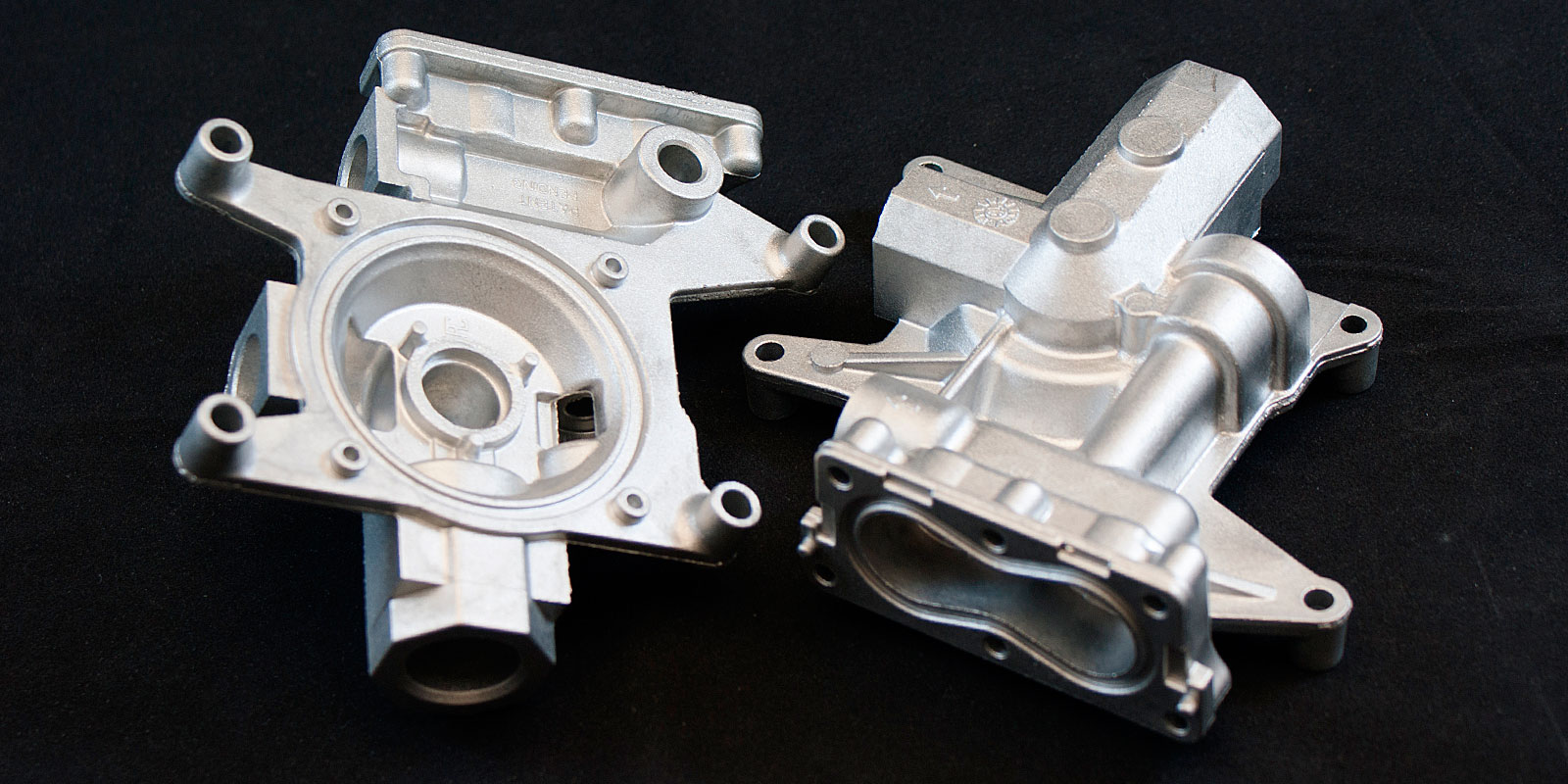
SR Enterprise is a manufacturing process where molten metal is poured or pressured to steel molds. The molds-also called dies or tools -are made utilizing steel and are especially designed for every job. This allows each element to be made with precision and repeatability. Aluminum, Aluminium Die Casting, and Gravity Die Casting are the most widely used die cast metals.
Die casting may have significant benefits over other production procedures, which frequently result in significant cost savings, but not just in the part cost itself but also in the general price of manufacturing. When you throw a component, you may produce complex net contours, such as outside threads and complicated internal attributes with nominal draft angles–minimizing secondary surgeries. You could even combine a number of components into one component, eliminating assembly operations and decreasing labour costs, together with the additional advantages of simplified inventory control and increased part consistency.
Other advantages include:
- Factor wall thicknesses
- Tighter tolerances
- Fewer steps from raw material to finished part
- Quick Manufacturing cycle times
- reduction in substance scrap
- Extended tool life, particularly for magnesium and zinc
- Die Casting Alloys
Zinc, aluminum, and magnesium are the 3 major die cast alloys. They are typically non-ferrous and their mechanical properties change greatly to match virtually every kind of program a manufacturer may desire. Not only does die cast metals resist high operating temperatures, but they’re also entirely recyclable. Die cast alloys have:
Separately, every die cast metal provides a number of advantages that the other might not provide. That’s only one of the wonderful things about die casting, so you don’t need to be restricted in regards to deciding on the ideal metal.
There is not one single procedure that could suit every undertaking. Each job is different that is why Dynacast provides multiple options for many die casting needs. This makes sure the ideal procedure is consistently used for the ideal program. In Dynacast, we provide three distinct kinds of die casting procedures.
Hot-Chamber
Employed for zinc, a few magnesium alloys, along with other low-melting, hot-chamber die cast is a fantastic alternative for metals which don’t easily attack and erode metal strands, strands, and plungers.
Cold-Chamber
Better suited to metals with higher melting points like aluminum, throughout cold-chamber die cast metal is liquefied and then ladled into a cold room where a hydraulically operated plunger pushes the metal into the die.
Within the last 50 decades, we’ve developed and refined innovative; one-step production option, Injected Metal Assembly. IMA outperforms most adhesives utilized for little component linking and assembly creation and reduces production costs.
In Dynacastwe provide two distinct kinds of tooling: multi-slide as well as conventional. Each has their own special advantages and our expert engineers will help determine which tooling is ideal for every job.
Our proprietary multi-slide tooling technologies offers a number of unique Benefits, such as:
Web shape time
Eliminates secondary surgeries like meeting and machining
Sophisticated geometry and tight tolerances at greater rates
Minimum part-to-part variant compared to traditional multi-cavity expires
Compact tooling that’s less likely to parting-line variant and its disadvantage effect on the finished component’s dimensional tolerances
Advantages of Traditional Tooling
Traditional die cast tooling was created with single or multiple cavities. The tool is intended to be effective and cut back on secondary operations that help lower prices. Additional Advantages of traditional die cast tooling, comprise:
- Dies which are designed to effectively manage high volume manufacturing
- Web contour die cast, with layout concentrated to Prevent secondary surgeries
- Steel braced expires to Help in the durability of this instrument
- Efficient manufacturing with properly planned heating and water lines
Global Die Castings
SR SR Enterprise is a worldwide producer of both traditional and multi-slide die cast accuracy parts. Our engineers provide design solutions for an assortment of industries such as consumer electronics, automotive, health care, and much more. When our engineers have been involved early in the project, they could help design an instrument and component specifically for mass manufacturing. All our clients receive insight and experience throughout all phases of this job. Speak to our technician to request a quotation now.



